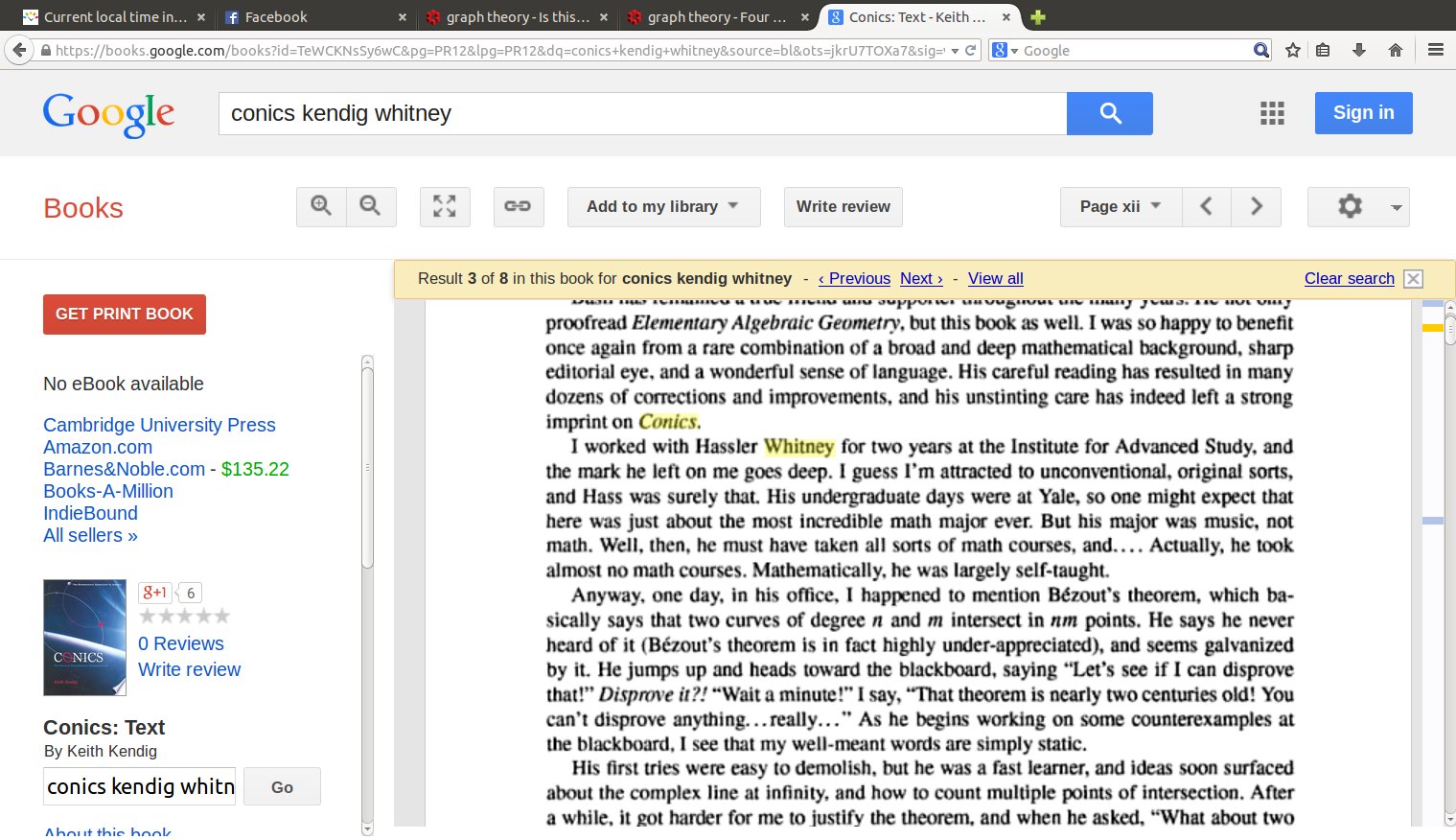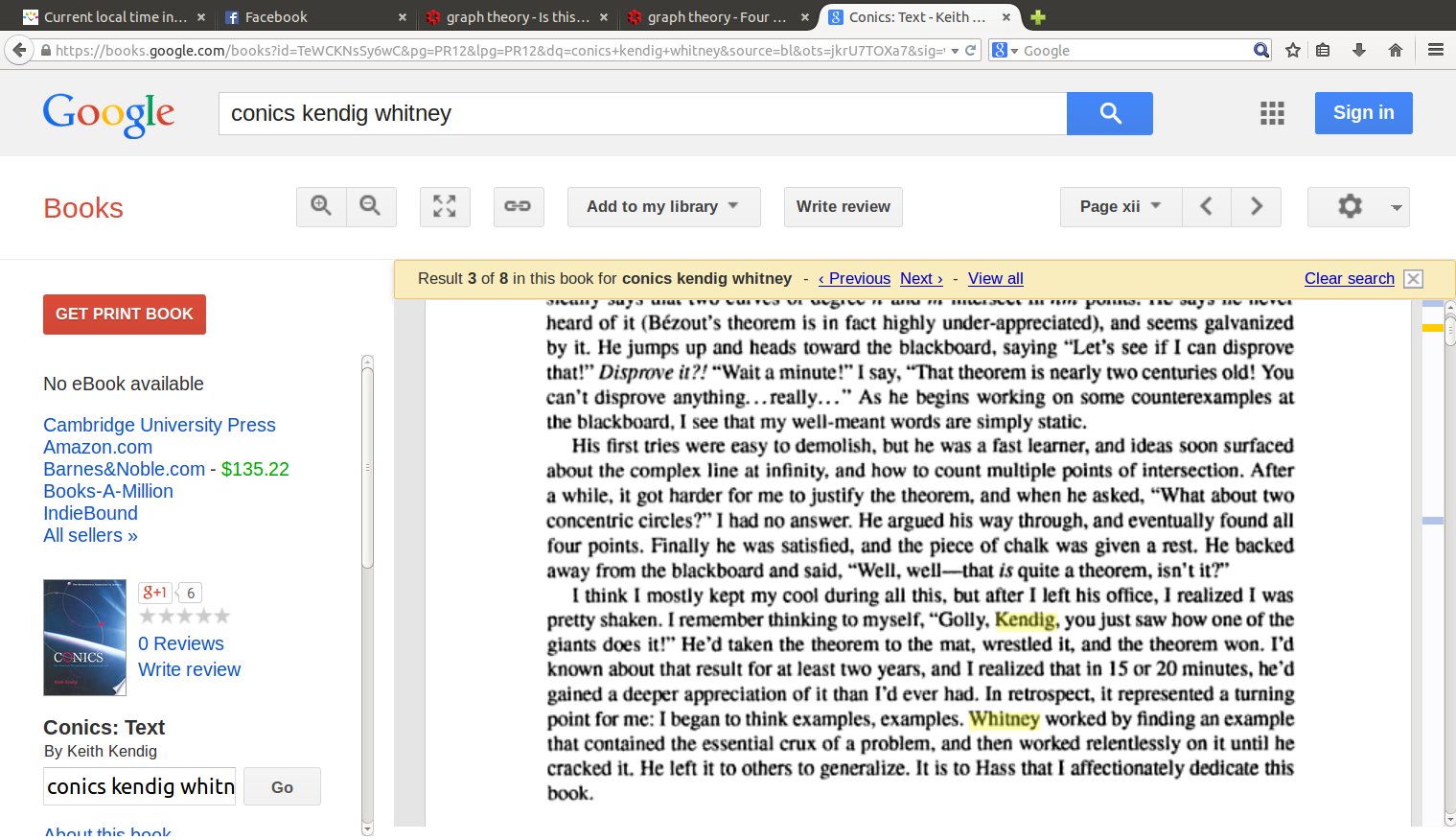This is a question about practice and publication of research mathematics.
On the Wikipedia Page for Experimental Mathematics, I found the following quote:
Mathematicians have always practised experimental mathematics. Existing records of early mathematics, such as Babylonian mathematics, typically consist of lists of numerical examples illustrating algebraic identities. However, modern mathematics, beginning in the 17th century, developed a tradition of publishing results in a final, formal and abstract presentation. The numerical examples that may have led a mathematician to originally formulate a general theorem were not published, and were generally forgotten.
My question concerns the last two sentences. I've heard several of my professors complaining about precisely this: in many mathematics papers, one can read the whole paper without ever understanding how the authors came up with the arguments in the first place.
Questions: 1.) (Historical:) Why did mathematicians stop publishing motivational steps when publishing mathematics? (For example, were there particular schools of mathematicians who actively advocated for this?)
2.) Is there any movement amongst mathematicians today to change this tradition? (By this, I do not mean movement on a personal level; I know that many mathematicians motivate results in their publications with preliminary calculations they have performed when they initially thought about the problem. Instead, what I am looking for is a movement on the community level to initiate a change)
3.) There seems to be a lot of disadvantages to the above practice; by communicating how one thinks about a problem, others would be able to copy the author's ways of thinking which will add to the knowledge of the greater mathematical community. Is there any practical benefit for not motivating results in papers?
Clarification. By "publication", I mean everything that one makes available to the greater mathematical community (so anything that one makes available on one's webpage is included (e.g. preprints) as well as anything uploaded to the ArXiv.
4.) Is the assertion made in the last two sentences in the quote accurate. (Thanks to YCor for pointing this out.)


